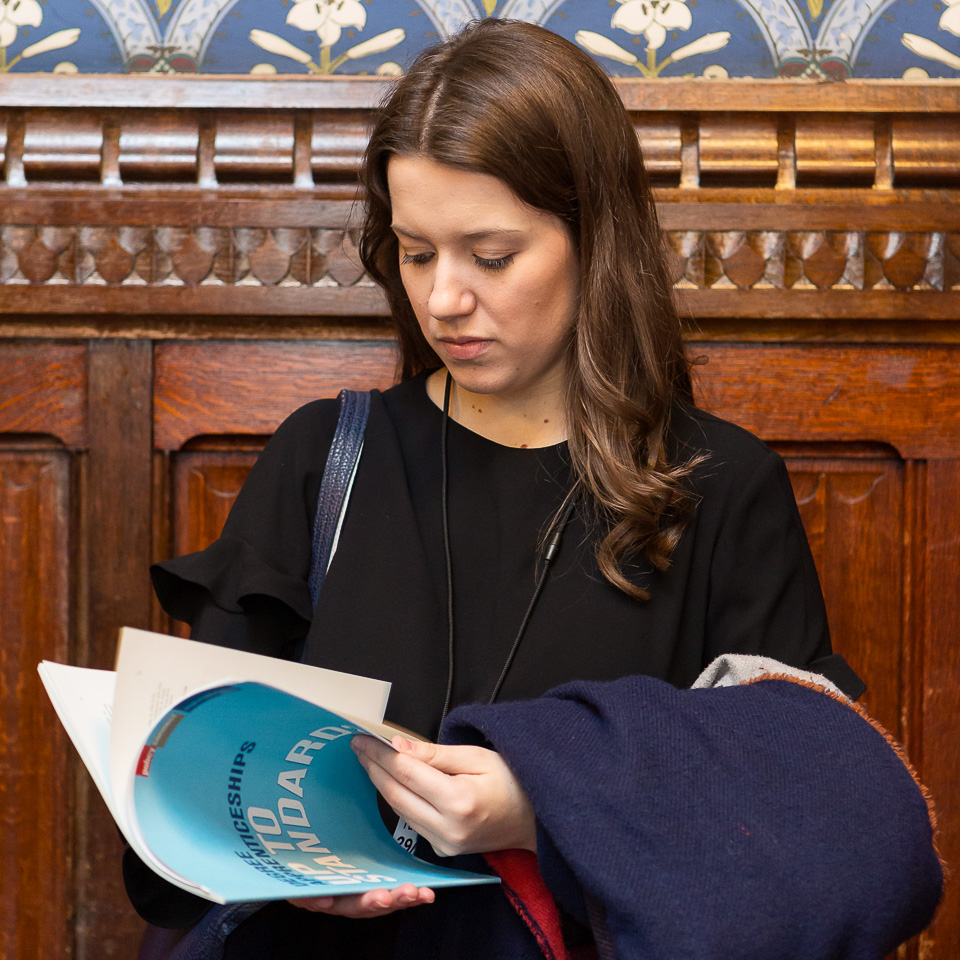The Skills for Jobs White Paper is a good start but requires financial backing.
I joined Policy Connect in April 2021 at a critical time for the skills agenda. We knew before the pandemic skills delivery ecosystem wasn’t working well enough. As MPs Sir John Hayes and Barry Sheerman, said in the forward to the Skills Commission’s last report, the aptly named England’s Skills Puzzle;
“Aligning adult FE and skills provision with job opportunities would seem a straightforward task for policymakers. However, our lagging productivity and unfilled vacancies in key sectors tell us the skills system is not working for workers or employers.”
It is encouraging that Ministers picked up many of the policy “pieces” set out in England’s Skills Puzzle (ESP) to include them in the Skills for Jobs White Paper. It speaks volumes for the convening model of APPGs and Commissions that we can influence policy by bringing together the expertise from our member organisations to work with policymakers. By way of example here’s three of recommendations from ESP alongside my review of the White Paper’s response;
- “Providers should receive multi-year adult education budgets from the ESFA and devolved authorities.” (ESP)
The Skills for Jobs White Paper announced a forthcoming consultation to consider how a move to a multi-year funding regime could be made possible. This would be truly revolutionary for the sector, enabling investment in sector-specific technology and equipment, and specialisation in industries and innovation leading to greater productivity and social mobility.
- “To seed-fund collaborative projects and partnerships between providers and employers, the government should establish a new collaboration fund for localities.” (ESP)
The current centralised ‘one-size-fits-all’ system means that provision cannot be tailored to local needs and priorities. This is simply not fit for purpose in today’s economy, creating barriers to social mobility and the levelling up agenda. By taking forward our recommendation in the form of the recently announced Strategic Development fund pilots, employers can identify skills needs and help to shape local skills provision in response to demand.
- The DfE’s welcome Taking Teaching Further initiative should be expanded into a national campaign.” (ESP)
This idea has been accepted and we look forward to seeing the national campaign. Part of the effort to recruit more teachers in FE must take account that 22.6% of the FE student population are from Asian, Black, Mixed and Other ethnic groups[1], and yet only 6% of FE teachers and lecturers are from Black, Asian and Minority Ethnic backgrounds[2]. Teachers and tutors are the heart of our system and more needs to be done to assist the FE sector to be more reflective of society.
I have worked in the skills and local government sectors for some years now, and sense that there is a lot of good will and determination for this White Paper to succeed. The hotly anticipated spending review will reveal if Government can produce that key piece of the puzzle – more money.
[1] https://www.ethnicity-facts-figures.service.gov.uk/education-skills-and-training/a-levels-apprenticeships-further-education/further-education-participation/latest#:~:text=to%20July%202019-,the%20percentage%20of%20people%20in%20further%20education%20from%20the%20Asian,8%20years%20to%20July%202019
[2] Skills for Jobs White Paper
Cross-party forum
Cross-party forum
Cross-party forum
More from Policy Connect
-

Insight
Renewing the interest in upskilling the UK’s youth
-

Insight
Attainment and employment gaps between disabled and non-disabled students are still unacceptably high: the new government needs to work with universities and business to put in place practical steps to eliminate the gap
-

News
Worth the Wait? Policy Connect Responds to the Augar Review


